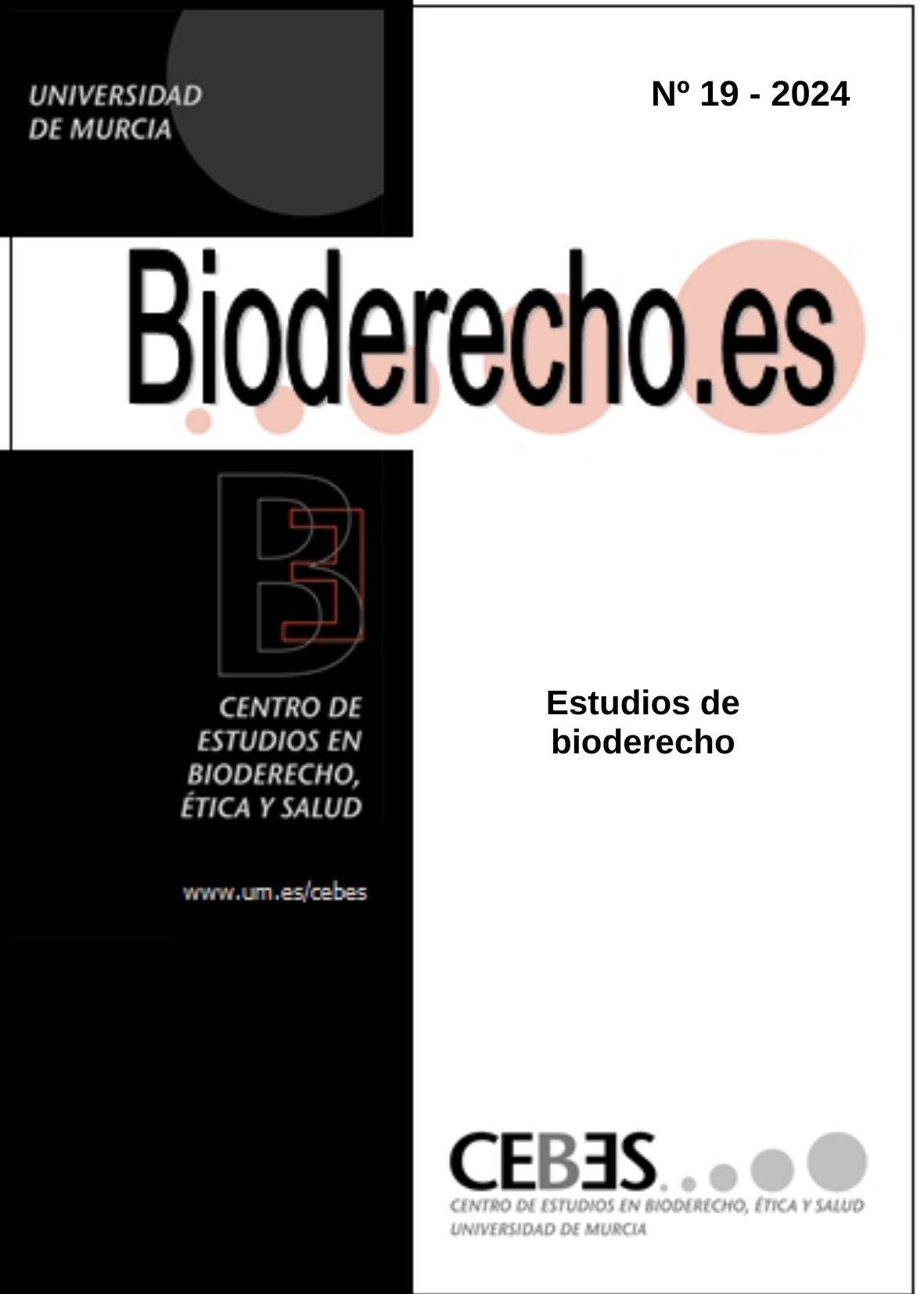ESPAÑOL
ESPAÑOL
Abstract
Treatment of neurodata in Chile. Analysis of jurisprudence on the first ruling of the Supreme Court that applies the Constitutional reform of article 19 No. 1, fourth paragraph. that resolving appeal of Protection Appeal, in case Rol 105065/2023 titled GIRARDI/EMOTIV.INC. establishes a jurisprudential criterion on the use and collection of information related to neurological activity. The protection resource is deducted against the international company Emotiv Inc., for the commercialization of its product “Insight”. Wireless device that collects information about the electrical activity of the brain, obtaining data on gestures, movements, preferences, reaction times and cognitive activity of the user. The appellant denounces that: “this device does not adequately protect the privacy of the brain information of its users, violating the constitutional guarantees contained in paragraphs 1, 4 and 24 of article 19 of the Political Constitution of the Republic.” The respondent company points out in its defense (...) “that it not only fully complies with Chilean regulations, but is also governed by the General Data Protection Regulation of the European Union, stricter than the local regulation.
Downloads
-
Abstract469
-
PDF (Español (España))210
References
-Ley Chile N°21.383 de fecha 25/10/2021 que modifica la Carta Fundamental, para establecer el desarrollo científico y tecnológico al servicio de las personas.
-Excma. Corte Suprema de Chile, Rol 105065/2023 caratulada GIRARDI/EMOTIV.INC
-Constitución de la República de Chile. Artículo 20.- El que por causa de actos u omisiones arbitrarios o ilegales sufra privación, perturbación o amenaza en el legítimo ejercicio de los derechos y garantías establecidos en el artículo 19, N°1º, 2º, 3º (…).
-Constitución de la República de Chile. Capítulo III De Los Derechos y Deberes Constitucionales. Artículo 19.- La Constitución asegura a todas las personas: 1° inc.4 El desarrollo científico y tecnológico estará al servicio de las personas y se llevará a cabo con respeto a la vida y a la integridad física y psíquica. (…)
- BBC News Mundo. Neuralink de Elon Musk: el último avance del multimillonario empresario en su plan de conectar nuestros cerebros a computadoras - BBC News Mundo. Disponible en: https://www.bbc.com/mundo/noticias-53955394 [Consultado 10/11/2024]
-Revista electrónica: ¿Conectarías tu cerebro a una máquina? La neurotecnología implica importantes avances, pero también límites éticos. Disponible en: https://www.nationalgeographic.com.es/ciencia/conexion-humanos-maquinas-mas-alla-ciencia-ficcion_15289. [Consultado 10/11/2023]
-RAMÓN SALCEDO, José Ramón: “Qué es el Bioderecho | Bioderecho.es (um.es)” Disponible: https://revistas.um.es/bioderecho/bec [Consultado el 11/11/2023]
- 13-12-2024 (2)
- 13-12-2024 (1)
Copyright (c) 2024 NELSON RODRIGO RODRIGUEZ ASTUDILLO

This work is licensed under a Creative Commons Attribution-ShareAlike 4.0 International License.
Los autores que publican en esta revista están de acuerdo con los siguientes términos:
- Los autores conservan los derechos de autor y garantizan a la revista el derecho de ser la primera publicación del trabajo, con la obra disponible simultáneamente bajo una licencia Creative Commons Atribución-Compartir Igual 4.0 Internacional (CC BY-SA 4.0), que permite a otros copiar y redistribuir la obra en cualquier medio o formato, remezclar, transformar y construir a partir de la obra para cualquier propósito, incluso comercialmente, siempre que: a) se reconozca la autoría y publicación inicial en esta revista; b) se indiquen los cambios realizados; y c) si se transforma o crea a partir de la obra, se distribuya la contribución bajo la misma licencia CC BY-SA 4.0.
- Los autores pueden establecer por separado acuerdos adicionales para la distribución no exclusiva de la versión de la obra publicada en la revista (por ejemplo, situarlo en un repositorio institucional o publicarlo en un libro), con un reconocimiento de su publicación inicial en esta revista.
- Se permite y se anima a los autores a difundir sus trabajos electrónicamente (por ejemplo, en repositorios institucionales o en su propio sitio web) antes y durante el proceso de envío, ya que puede dar lugar a intercambios productivos, así como a una citación más temprana y mayor de los trabajos publicados (Véase The Effect of Open Access) (en inglés).



